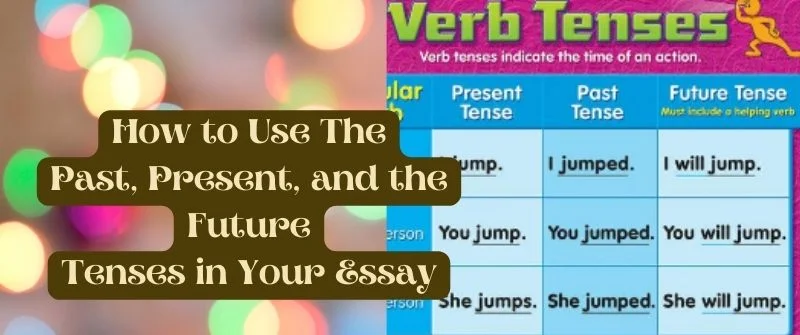

Choosing the correct grammatical tense for your essay can be a challenge. You have to decide whether to use past, present, or future tense. A wrong choice impacts your essay negatively. It will lack clarity and flow. This is not a situation that you ought to find yourself in.
Most students struggle with choosing the right tense. For some, it is due to the lack of guidance on using grammatical tenses. Others are careless with their writing. The result is a poorly written essay that a reader cannot understand. However, it is a problem that you can deal with once and for all.

Reading the instructions will enlighten you on which tense to use in writing your essay. Your tutor can also guide you on how to use grammatical tenses. You get the guidelines of when to use a particular tense. The help prevents you from choosing the wrong tense.
The type of your essay also reveals which tenses you ought to use. All essays are not the same. They have some distinct rules that create a significant difference. You must be aware of those rules and follow them to the latter. For instance, using the right tense is something you must take seriously.
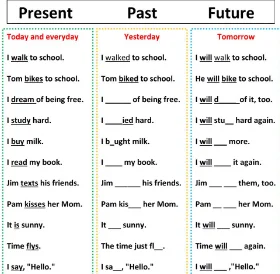
Many students might find it challenging to choose the right tense. Some are yet to learn by heart the rules governing the use of tenses. They end up making the wrong choice.
Ultimately, the impact of their essay score is negative. Fortunately, it is a problem you can work on.
Every essay needs to be clear and engaging, where the reader needs an easier time reading it. But, that is not the case with all students. Some find themselves using the wrong tenses.
Instead of using the present tense, they write essays in the past tense. But perhaps they do not know when to use a present, past, or future tense.
You can use present, past, and future tense in your essay. But there is a catch. Before you write your essay, you must know which tense fits it. You can either get guidance from your tutor or do your research. Above all, ensure the tense you use is consistent and clear.
Most essay writers use the present tense. It is simple and direct to the point. You can write short sentences that are easier to read and understand. The reader will use little time to read your essay. It will not be tiring to read it since the message is clear.
The present tense is common in academic writing. It allows you to write about current states of events more candidly. By using the present tense, you can easily describe theories. It will be easier to explain an event that is happening now. Generally, the present tense is ideal for writing essays.
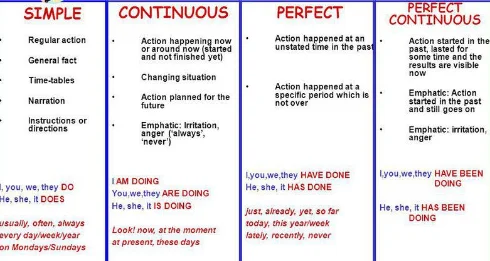
You do not have to write every essay in the present tense. There are instances under which it becomes a must. At that juncture, you have to play ball.
You must shun the past and future tenses to make your essay consistent. Deviating from the present tense might distort your sentence structure thereby complicating your essay.
The present tense is ideal for creating a sense of immediacy. The reader gets to experience every action as it unfolds. It is easier to grasp the information the writer is passing across. The clarity in the essay engages the reader.
This is one of the reasons why writing in the present tense is common.
Writing an essay in the present tense is much easier. You can write your essay within the shortest time possible, and meeting deadlines will not be an issue. Your essay will be simple and clear to the point, without any sophistication.
Use present tense in an essay where you refer to existing facts. The present tense shows that the fact is indeed true. It becomes easier for the reader to believe in what you are writing. Also, it describes the findings of a study in the present tense. That is also the case when expressing people’s claims and opinions.
You must be careful with the tense you use in your essay. Each tense does come with its demands. For instance, past tense is ideal for emphasizing that people do not accept a particular idea. Use past tense to describe that idea for easier understanding.
If your essay describes historical events, you have to use past tense. It makes the description clearer to the reader. This is a clear indication that they can get a picture of the turn of events. This is very crucial for the flow of your essay.
Reading it becomes engaging and enjoyable without any sense of struggling to understand ideas.
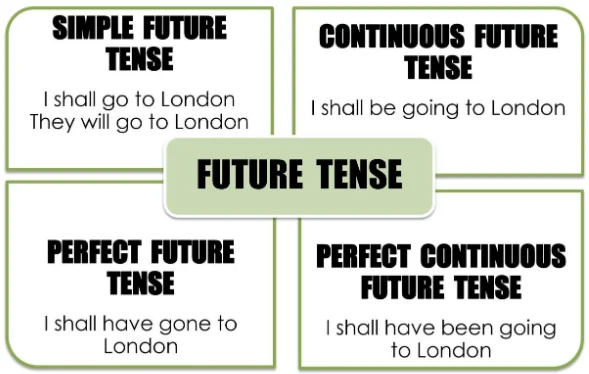
Not often do students use the future tense in essays. They either use present and past tenses, the former being the most common.
But some instances permit the use of future tense. It does play a significant role.
Use future tense to describe your essay’s research predictions, methods, and aims. It becomes easier to demystify what the researcher is up to.
Besides, if you recommend research sources or state the application of study findings, then use future tense. You can easily describe something that is yet to happen or likely to occur in the future.
You can also use all tenses in your essay. However, you need to take this step with a lot of caution. Remember, the reader needs to get your message. You have to do that with some pomp to make your essay an enticing read.
Combining all tenses will certainly do that job for you.
Describe the cause and impact of interlocking events in an essay by combining all tenses. Your target audience can now get the hang of the events from a much broader perceptive. However, you have to respect time settings.
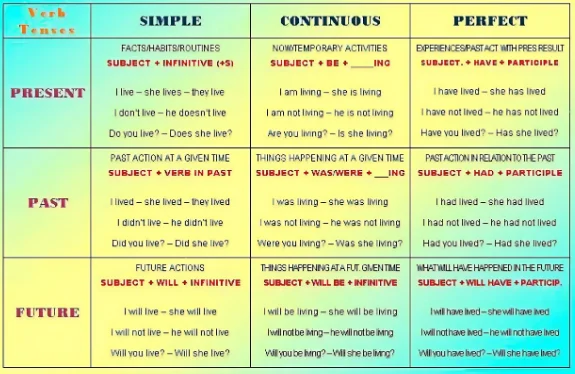
It is crucial to avoid any confusion that might distort your message. Ensure you get rid of any sophistication bound to disturb the flow of thoughts in your write-up.
Combining all tenses can be a win or a loss for you. It depends on the context of your essay. Besides, you need to mind your reader.
Your essay should be on a standard that is easier to comprehend. Thus, proceed with caution.
Make your point in a manner that captures the reader’s attention. Using all tenses can help you achieve that feat. However, the tenses should not appear haphazardly. If you are not careful, you might make it hard for your reader to understand your insinuating description.
Choosing the right tense for your essay is fundamental. It ensures that you can engage your reader in a comprehensive context easily. It starts by knowing when to use present, past, and future tense or combine them.
If your essay is about current events, it must be in the present tense. The reader gets to know what is happening at the very moment.
Use past tense to write an essay on past events. Describing those events will be much easier. You will do it with clarity hence not causing any confusion. On the other side, the future tense suits the description of events yet to occur.
You can also use the future tense to predict events that are about to happen. And if you want to polish your essay, care to combine all tenses, but do it with caution.
Watch this video to learn more about this.